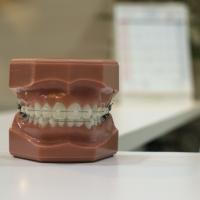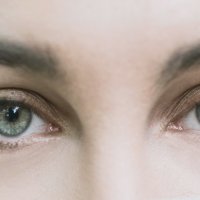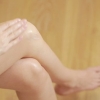Home > Blog > Diet and Fitness
Can Exercise Really Help You Sleep?
In the UK, about two thirds of adults have some form of sleeping problem and most adults have difficulty in sleeping at some point in their lives. The problem may be a difficulty in getting to sleep, or in waking up during the night or early morning. The result of sleeping problems will be tiredness and irritability during the day.
Causes of sleeping problems
Sleeping problems can have many causes. Stress or depression can make sleeping difficult. We may lie awake thinking through various worries and problems. There may be physical causes such as pain, which keeps us awake, or a bladder problem resulting in the need to get up and go to the toilet during the night. Someone who has difficulty in sleeping may be suffering from some respiratory disorder; it may even be something that does not affect them during the day.
Noise, an uncomfortable bed or a room that is too hot can all cause sleeping problems. The consumption of certain food and drinks such as caffeine, alcohol and eating too close to bedtime can also result in sleeping problems.
The effects of sleeping problems can be severe, including tiredness and lack of concentration. Lack of sleep is a major factor in many road traffic and workplace accidents. Research shows that it may be implicated in up to twenty percent of traffic accidents. Lack of sleep can also result in a short temper and anxiety whilst more long-term effects include raised blood pressure and an increased risk of heart attack and stroke.
How can exercise help?
Our body temperature changes by up to two degrees during a twenty-four hour period. We are warmer during the daytime and it is believed that a lowering of the body temperature may be a signal that it's time to sleep.
Exercise raises the body temperature and about four hours is needed for it to return to its lower level. If we exercise in the late afternoon or early evening, the time for us to sleep will coincide with our body temperature being lowered. Some research has shown that exercise four or five hours before sleep reduces the time required to fall asleep. Aerobic exercise is the best as this increases the temperature more. Exercise three hours or less before sleep may make us tired but not necessarily help us to sleep. Our heart and muscles will have been working harder, we may be mentally stimulated and our body temperature will be raised, but this may prevent or inhibit sleep.
It is also believed that exercising outdoors and exposure to natural light helps to reduce sleep problems. Other activities such as yoga and tai chi may reduce stress and help improve sleeping problems. These practices calm both mind and body and encourage relaxation. There are yoga sequences, which are specifically designed to relax the body in a way to encourage sleep.
If we suffer from sleep problems, it is worth trying different types of exercise to see if any of them have the key to improving our sleep.
Post provided by Archers Sleep Centre, who sell a wide range of bedroom furniture.
More to Read:
Previous Posts:






